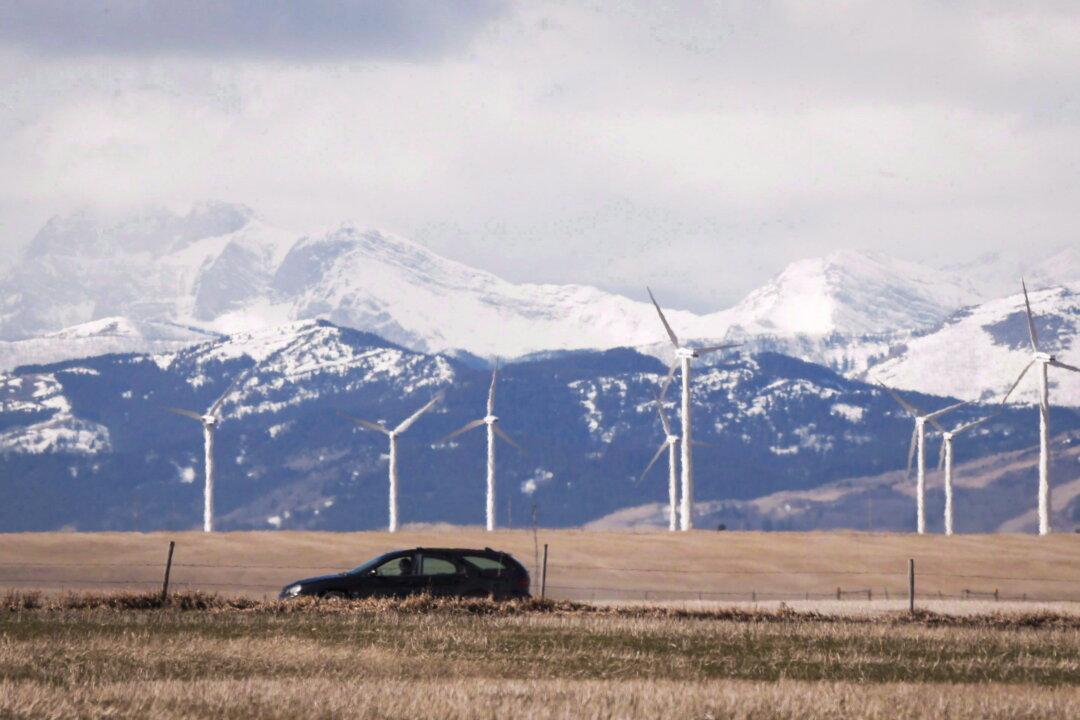Central banks have their eye on climate change developments but are unequivocal in their understanding that it falls outside their mandate of ensuring stable prices. Nevertheless, central bankers strive to address the roles they think they must play and some of the thorny issues therein, such as independence from government and communications with the public.
At a Jan. 10 central bank symposium in Stockholm hosted by Sweden’s Riksbank, Bank of Canada Governor Tiff Macklem said he’s often asked two questions: Why isn’t the bank doing more about climate change initiatives and why is it even weighing in on climate change?
Throughout 2022 major central banks aggressively raised interest rates to dampen inflation, attempting to fulfil their mandates even if it meant effectively discouraging the investments governments say are needed to mitigate climate change.
The BoC doesn’t have a formal climate mandate, but Macklem says the central bank does have a role to play since the issue can affect the inflation outlook and the economy’s financial stability.
“For an economy like Canada’s with a large fossil fuel sector, the costs of transition to a net-zero economy are large. We estimated in the range of 10 percent of GDP [gross domestic product],” he said. That translates to a ballpark figure of $200 billion.
“Understanding the potential impacts of climate change on the economy, on inflation, on jobs is essential for us to carry out our monetary policy role.”
Monetary policy expert Steve Ambler, an economics professor at Université du Québec à Montréal (retired), spoke with The Epoch Times about his impressions of Macklem’s position: “It seems to me that … if you scratch beneath the surface, it was mostly the risks from climate policy rather than from climate itself—like the cost of transition and basically governments imposing the switch from fossil fuels to renewables and so forth.”
Ambler said damages from extreme weather events (EWEs), such as hurricanes, floods, and tornadoes, have declined over time. He cited a 2021 report by the Global Warming Policy Foundation on “Impacts of Climate Change: Perception and Reality,” which found that since the 1920s, annual deaths globally from all EWEs have declined by about 96 percent despite the world’s population having more than tripled.
The report also found that global economic losses from EWEs as a proportion of GDP have been declining during the period from 1990 to 2018.
“Any reasonable measure of economic climate risk is decreasing,” Ambler said.
Independence in Jeopardy
Ambler said he’d be very concerned if central banks started “explicitly cooperating” with governments on climate change policies, as it would seriously jeopardize their independence.
Such cooperation would have to “appear explicitly … either as an amendment to, or in the next renewal of its agreement with the government, which happens every five years,” he said.
A question posed to the panellists involved “mission creep.” If deemed, for example, that European governments have been underspending on national security and defence, and if they wanted to spend more in those areas, then would the European Central Bank (ECB) channel funding there? Where would the ECB draw the line on what its mission is?
ECB executive board member Isabel Schnabel differentiated climate change from issues like national security.
“We see that there is a fundamental transformation of the financial markets in response to the challenges from climate change,” she said. However, she also said the ECB needs to stay firmly within its mandate.
“We cannot define our own political objectives. … We have to make sure that we are not getting ahead of governments.”
Ambler suggested that the ECB is the most proactive of the major central banks on climate change policy-making. If the BoC mimicked the ECB’s strategy of extending financing by buying bonds based on “green” considerations, that “would definitely be outside its current remit, and I think would put its operational independence at considerable risk.”
Speaking during a later panel at the Riksbank symposium, U.S. Federal Reserve chair Jerome Powell said, “We are not, and will not be, a ‘climate policy-maker.’” His comments focused on avoiding enactment of explicit legislation to use central banking tools to “promote a greener economy or to achieve other climate-based goals.”
At risk is the U.S. Fed’s independence if it adopts new objectives without a clear statutory mandate, said Powell.





